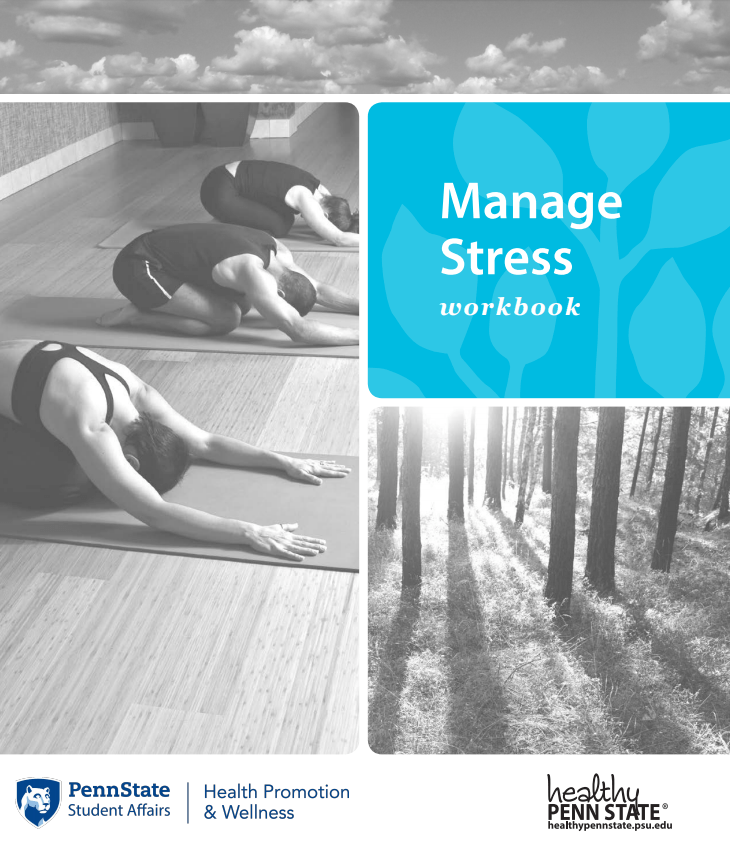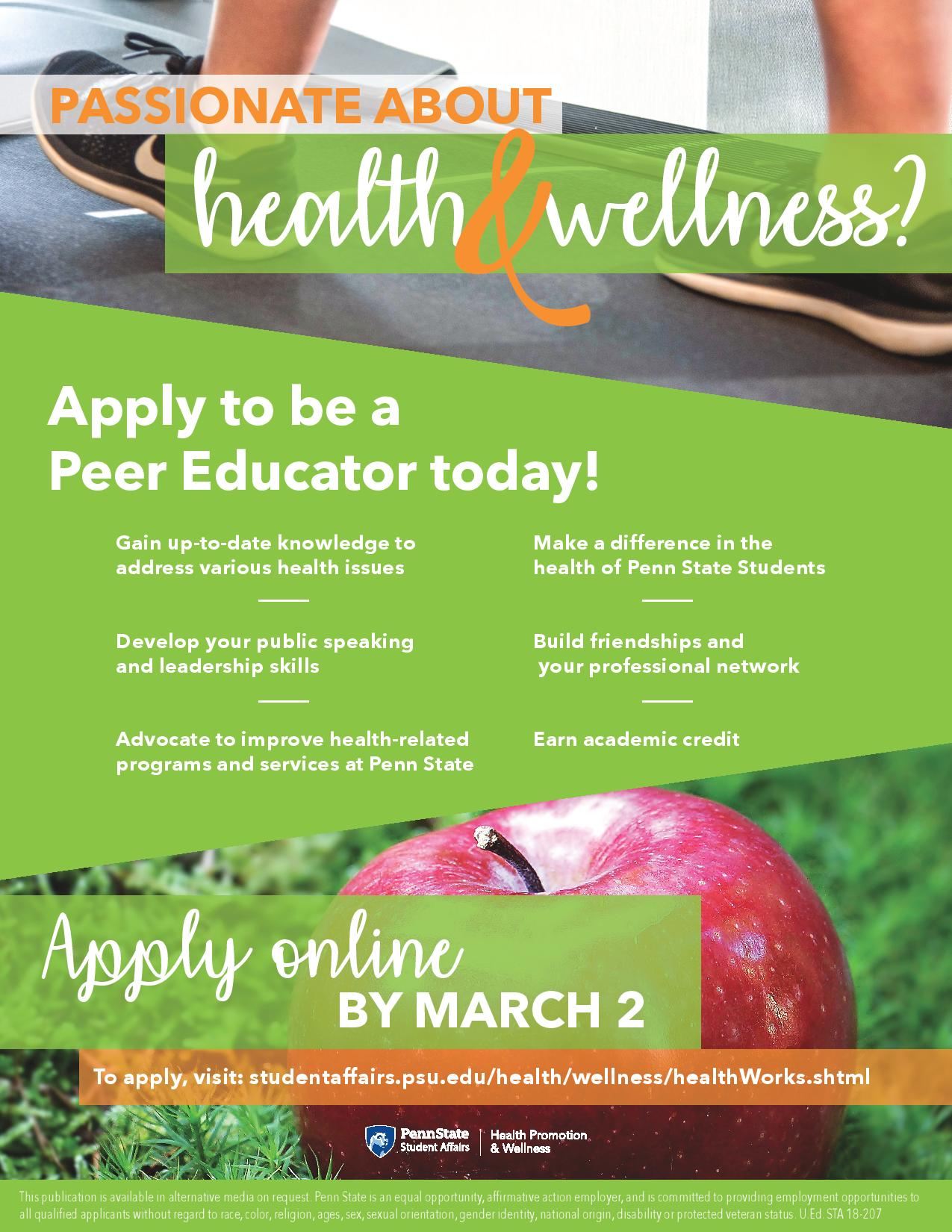College can be stressful. Stress will always be part of life, so the key question is: how will you respond to it? Researchers at the University of Nevada, Las Vegas (UNLV) studied one strategy to help you handle stress during college: physical activity (1). The researchers conducted a 3-day program called “Fitness4Finals” (F4F), which focused on increasing the physical activity of college students during final exams. The goal of the program was to reduce stress levels associated with final exams.
The program included light, moderate, and high intensity exercises. The light intensity exercises included yoga, Pilates, Thai-chi (50 minute duration). Moderate intensity exercises included 50 minute fitness walking, 10-30 minute stair climb, and 4 minute Flash mob. High intensity exercises included 50 minute boot-camp, 50 minute cardio-boxing, and 1.5-5 minute obstacle course. The students participated in at least one of these exercises every day for 3 days.
Researchers examined the change in perceived psychological stress (PPS) of students before and after F4F events. The results revealed that the program was effective in lowering perceived stress of participants. However, physiological measures of stress were not significantly different.
At the end of the program, students said:
- “I was able to clear my mind and [physical activity] helped me focus more when I did have to sit down and study [for finals].”
- “[Physical activity] gave me an active outlet and break from schoolwork.”
- “I felt compelled to relax my mind.”
- “I felt mentally relaxed after yoga and meditation.”
Being active can be beneficial on many levels, including improving academic performance (2), mental health, social health and physical health (3). You can receive these benefits from any type of physical activity, including fitness walking, jogging, stair climbing, boxing, Pilates, Thai-chi, swimming, and playing basketball, tennis, football. You can make physical activity fun by discovering the exercises you enjoy the most!
College can be stressful, especially during finals. One way to manage stress is by being active. As one of the participants of F4F stated, physical activity can give you an opportunity to clear your mind and relax, which will help you concentrate better during studying. Next time you feel stressed, take a walk or play basketball!
Sources
- Koschel, Tessa L., John C. Young, and James W. Navalta. “Examining the Impact of a University-driven Exercise Programming Event on End-of-semester Stress in Students.” International journal of exercise science 10.5 (2017): 754.
- Salas CR, Minakata K, Kelemen WL. Walking before study enhances free recall but not judgement-of-learning magnitude. J Cognitive Psychol. 2011;23(4):507–513.
- de Vries JD, van Hooff MM, Geurts SE, Kompier MJ. Exercise as an intervention to reduce study-related fatigue among university students: a two-arm Parallel randomized controlled trial. Plos ONE. 2016;11(3):1–21.
Written by HealthWorks member, Deniz Siso


